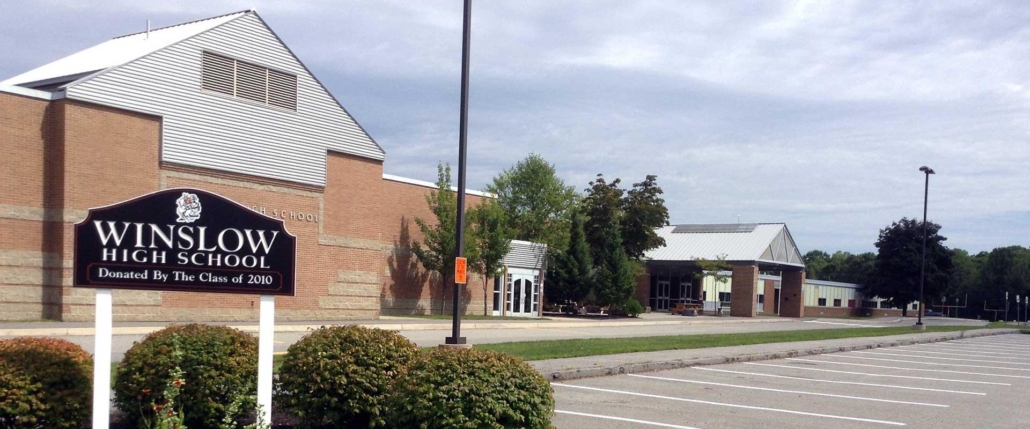
Winslow High School (photo source: jmg.org)
Winslow High School Third Qtr. honors
Seniors
High Honors: Seth Bard, Malyn Beaster, Adeline Blackstone, Emily-Lynn Carlson, Cameron Lavallee, Keith Opacki, Brady Poulin, Ava Prickett, Kalia Reffett, Maximilian Spicer, Sophie Sullivan, Maya Veilleux, and Dillon Whitney.
Honors: Madyson Achorn, Emma Barlow, Kiley Barron, Kaylynn Beaulieu, Abigail Chartrand, Kyrah Denis, Jessi Dunn, Kyran Kinrade, Meghan Mahoney, Ethan McCaslin, Kyri Meak, Katherine Nichols, Paige Owen, Kaelyn Pappas, Tucker Pomerleau, Braden Rodrigue, Liam Scandore, Sierra Sharp, Adelinn Sillanpaa, Jacqueline Soucy, Tealah Ward, Emma Waterhouse, and Brody Willette.
Honorable Mention: Richard April, Connor Mahoney, Kylie McCafferty, Abigail McCaslin, Liam McPherson, Elijah Overlock, Alison Timberlake, and Micah Waldie.
Juniors
High Honors: Isabella Carerro, Brody Davidson, Hannah Delile, Abby Doughty, Shawna Martin, Aubrey Moors, Sakura Page, Mylee Petela, Amara Rioux, and Briana Veilleux.
Honors: Ibrahim Al Subaihawi, Addison Benavente, Moira Bevan, Charles Byers, Emily Daigneault, Ashton Darrell, Mary Grace Day, Aspen Dearborn, Makayla Ellis, Lucas Fisher, Liem Fortin, Jenna Furchak, Katelyn Gibbs, Isabelle Giguere, Hassan Hobbi, Jacob Humphrey, Awsten Jordan, Dylan Letourneau , Avery Lowell, Karleigh Marcoux, Eijah Mason, Grace Melvin, Liliana Parsons, Bryanna Prentiss, Ethan Rancourt, Lexi Reynolds, Jolie Snipe, Rachel Stone, and Kathryn Wahl.
Honorable Mention: Broddik Bimpson, Andrew Bryant, Mikaylah Carter, Astra Cutten, Kennedy Dumond, Bretton Lambert, Paige Littlefield, Jocelyn Lizzotte, Tyler Palmer, Madisyn Pendexter, Kyle Petrovic, Kamrin St. Amand, Jade St. Claire, and Lillian Stafford.
Sophomores
High Honors: Breana Castagnetto, Minx Erickson, Delana Ferran, Ava Fortuna, Abigail Harrington, Kayence McKenney, Mirra Meak, Renton O’Toole, Kelty Pooler, and Eliot Stepp.
Honors: Evan Barlow, Kera Bilodeau, Meadow Bradbury, Carter Calvo, Madison Cochran, Dawson Dutil, Caden Giroux, Donovan Hamlin, Nevaeh LaCroix, Myah Latham, Isabella Loubier, Quincy Morin, Henry Olson, Julia Ortins, Elaina Rioux, Reese Siodla, Benjamin Thomas, Camdyn Turmelle, and Max Willigar.
Honorable Mention: Malak Al Subaihawi, Jameson Delile, Samuel Gagne, Davanee Kimball, Trevor Lavallee, Sophie Prosper, and Stella Wynne.
Freshman
High Honors: Oliva Coldwell, Emma Fales, Belen Farnham, Katherine Martin, Brooklyn Michaue, Brinlyn O’Toole, and Cody St. Pierre.
Honors: Mikayla Achorn, Maryuri Avila Cruz, Piper Banda, Abigail Bertone, Gabriel Bovee, Cassidy Chartrand, Frank Farnham, Jack Flaherty, Kolby Gibbs, Livia Hayden, Natalie Hussey, Natalie Lagasse, Hayden Little, Caleb Marden, Maria Moumouris, Quincy Nesbitt, Oliver Olson, Silver Picard, Bentley Pooler, Aiden Powell, Benjamin Powell, Abigail Prickett, Kayden Renna, Nixon Souviney, and Isabella Veilleux.
Honorable Mention: Leah Bates, Juliet Boivin, Bode Carlson, Gianna Duke, Emilee Feyler, Kayla Giroux, Michael Guptill, Cruz Hamilton, Scott LeClair, Andrianna Lombardi, Aria Markes, Eva Nadeau, Brooke Reny, Bailey Richard, Alana Wade, and Noah Whitman.
Winslow J.H. School Third Qtr. honors
8th Grade
High Honors: Lilliana Byers, Emma Dameron, Parker Gagne, Evan Goss, Abigail Kiidli, Tylee Latham, Luna Meak, Callen Pooler, and Cooper Routhier-Starkey.
Honors: Savannah Calvo, Emma Clifford, Audrey Delile, Claire Dunton, Luna Erickson, Sophie Fortin, Addilyne Gallagher, Camryn Gosselin, Clareese Jones, Adyson Lessard, Madalynn Loubier, Avery Marshall, Rex Morin, Elizabeth Morrison, Kam Overlock, Sumire Page, Weston Pappas, Hanna Small, Fallyn Soucy, Ryder Southern, Layla Stanford, Mara Tyler, Ella Vigue, Tucker Waldie, Sophie Willette, and Addisyn Willette.
Honorable Mention: Eban Barbeau, Isaac Bulger, Emma Duplessie, Noah Jenkins, Maddox Lambert, Owen Laqualia, Liam McKenney, Jackson Powell, Jorga Sharp, and Kaiser Stewart.
7th Grade
High Honors: Cooper Hachey, Sophia LaChance, Kallen Oakes, Saylor Pierce, Emelia Severy, Amaya Tantoco, Ava Tantoco, and Autumn Veilleux.
Honors: Preston Bailey, Shannon Eley, Shelby Eley, Kayla Fales, Deegan Grenier, Aidyn Haver, Ashleigh Hussey, Emma McCaslin, Ashlyn McDermott, Eli Nadeau, Anderson O’Brien, Bailee Poland Harford, Jace Poulin, Chase Rancourt, Emmaley Raymond, Nathan Rossignol, Cohen Severance, Saide Snell, and Riley Tozier.
Honorable Mention: Helen Ali, Cameron Beaster, Candace Davidson, Leah Fate, Benjamin Fisher, Sophia Giroux, Jordan Gorneau, Kaitlyn Gray, Zach Gray, Matthew Harrington, Layton Lagasse, Holly LeClair, Lucian Merrill, Keegan Myatt, and Coralie Spencer.
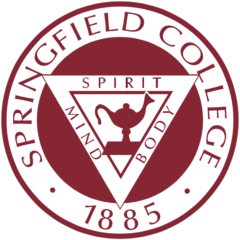 Springfield College, in Springfield, Massachusetts, has named William Banks, from Jefferson, to the dean’s list for academic excellence for the 2025 spring semester. Banks has a primary major of physical education.
Springfield College, in Springfield, Massachusetts, has named William Banks, from Jefferson, to the dean’s list for academic excellence for the 2025 spring semester. Banks has a primary major of physical education.


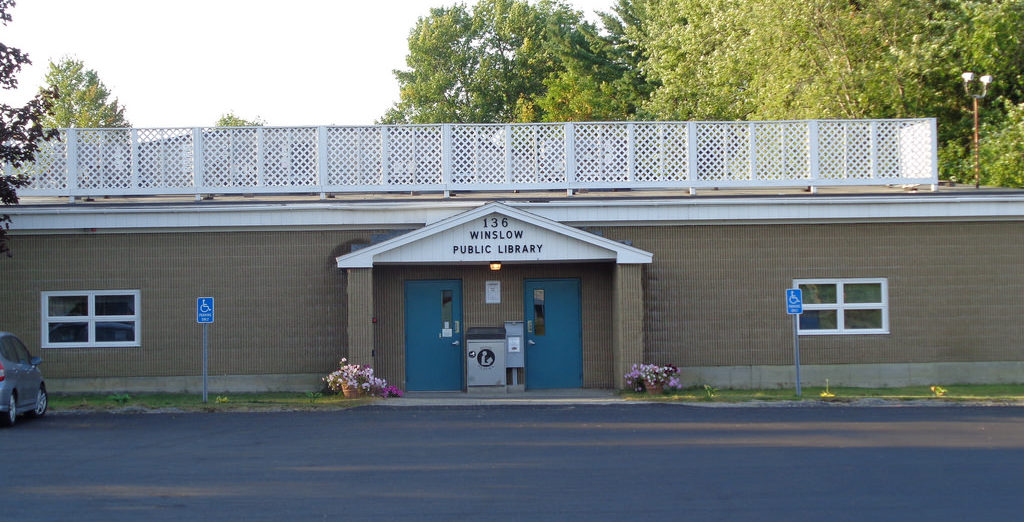


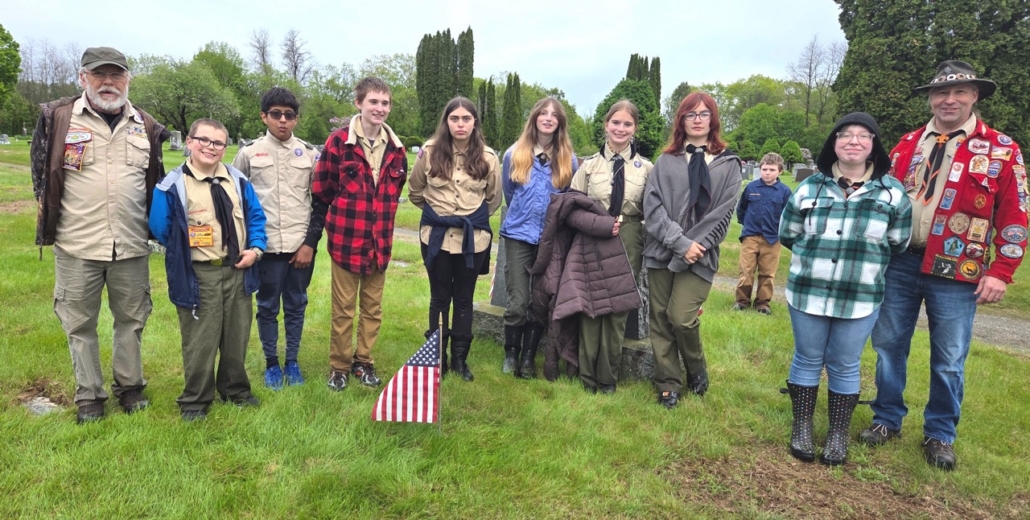
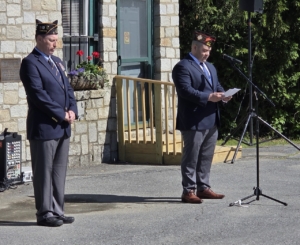
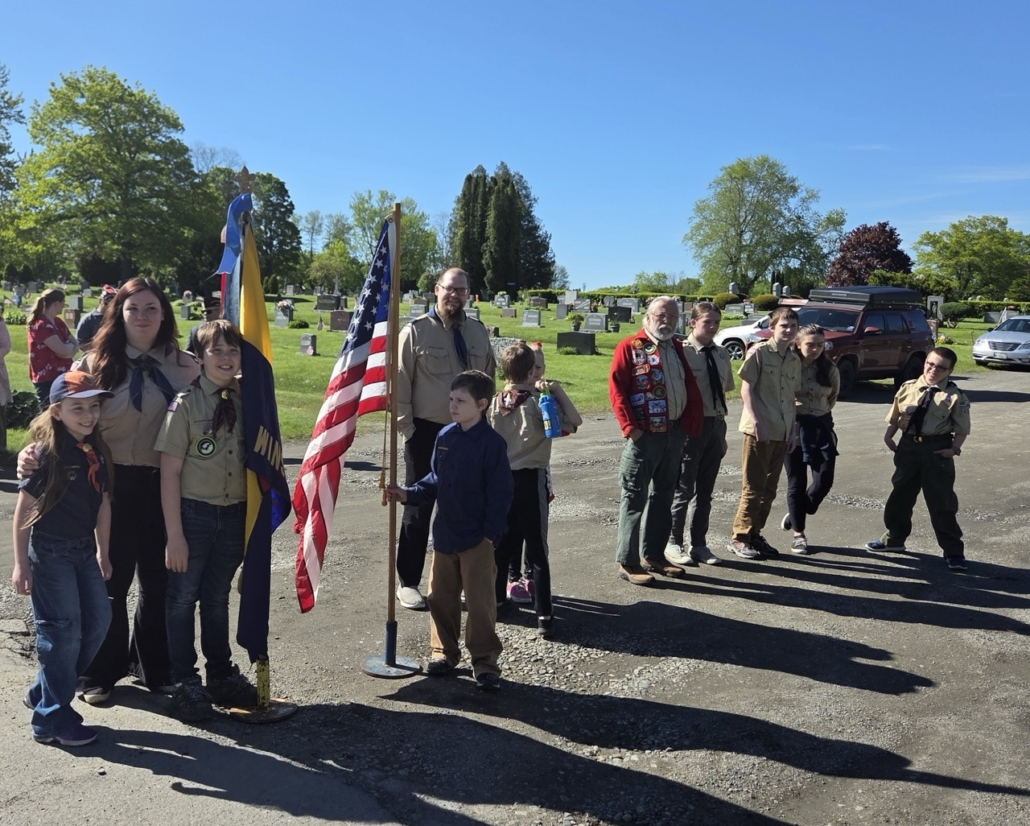
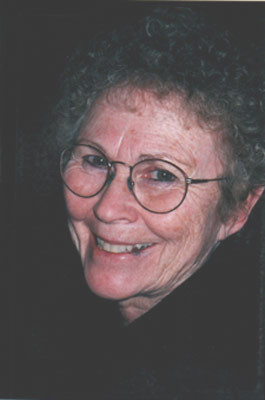


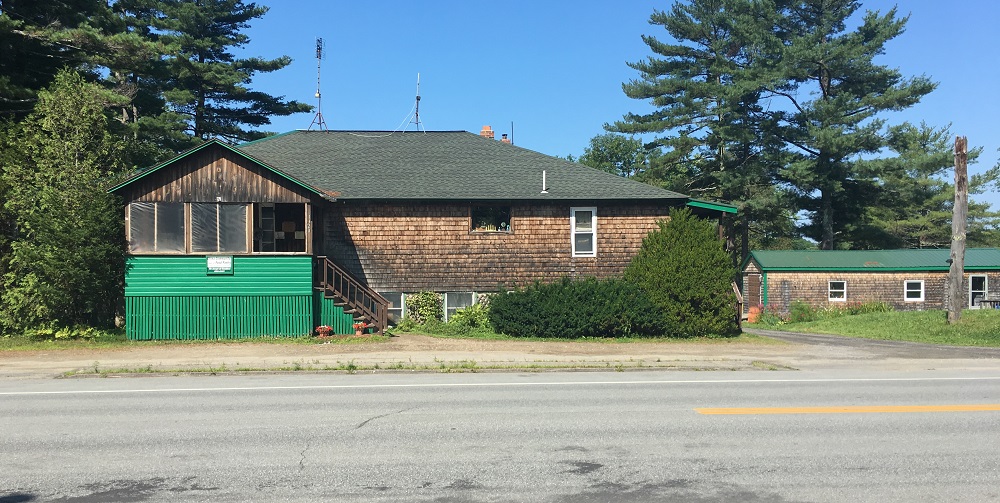
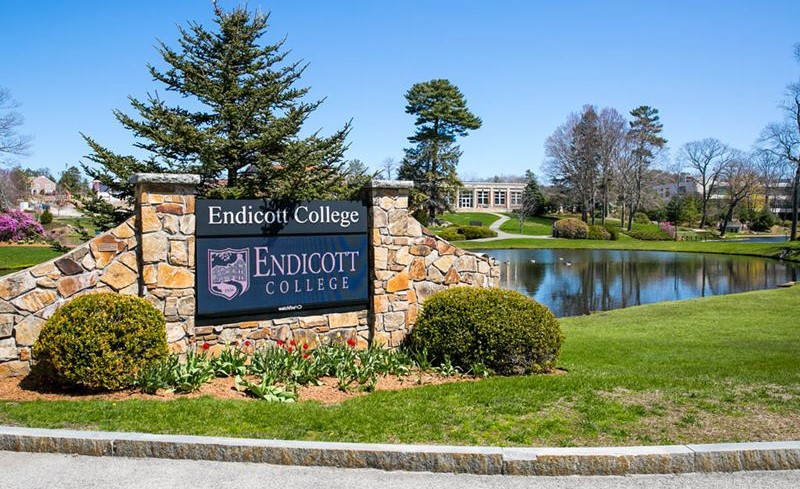 Endicott College, in Beverly, Massachusetts, has announced its Fall 2024 dean’s list students.
Endicott College, in Beverly, Massachusetts, has announced its Fall 2024 dean’s list students.